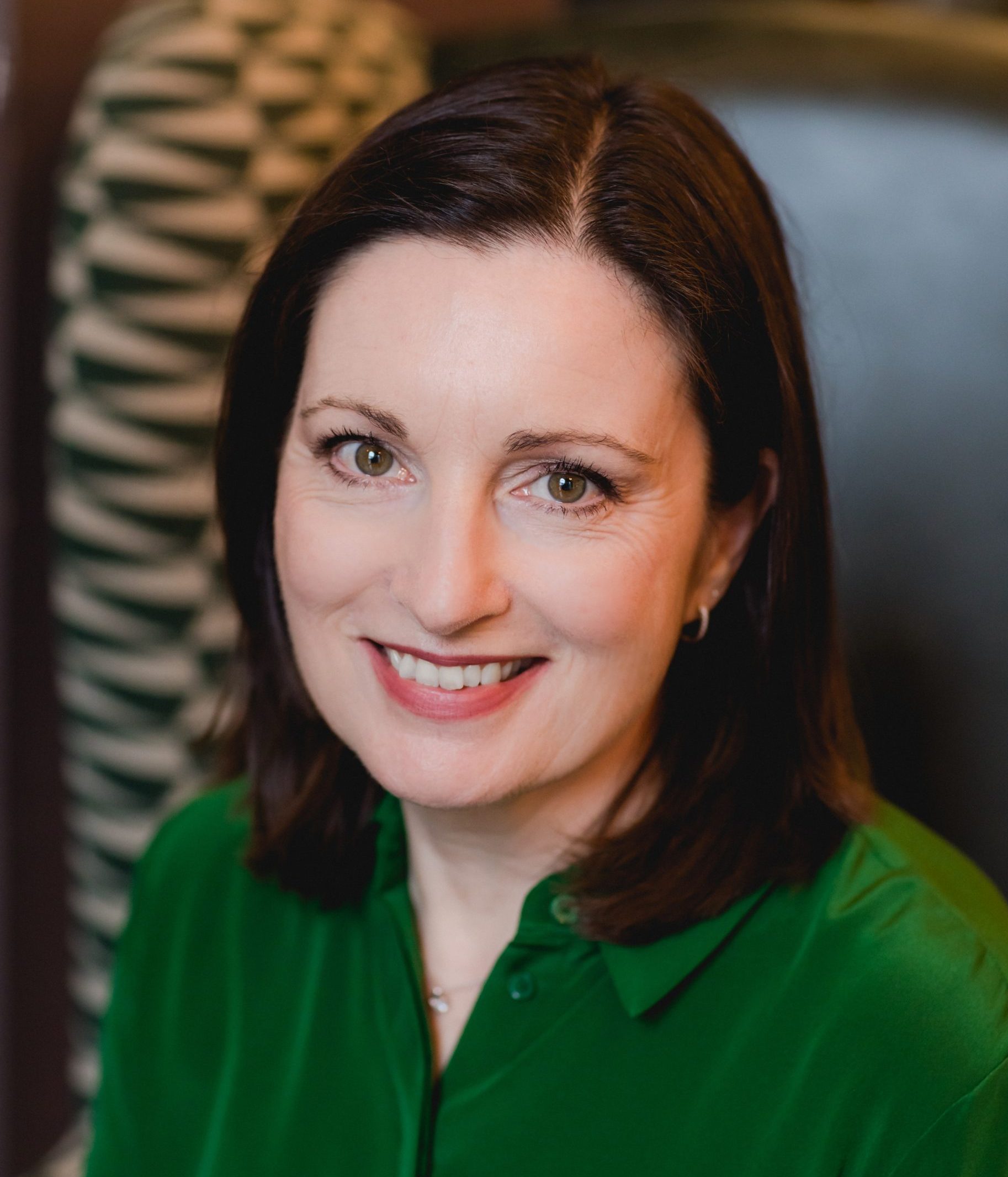Scientist behind the “French Paradox” dies
Serge Renaud, the man who led the research into the “French Paradox”, has died aged 84.
Renaud passed away on 28 October. He initiated much of the work looking at the healthy benefits of red wine consumption and its ability to help prevent various heart diseases – something he attributed to growing up with his grandparents in Bordeaux.
He once said of his work: “If I hadn’t lived with my grandparents and great-grandparents on a vineyard near Bordeaux, perhaps this idea wouldn’t have occurred to me.
“When you see people reach the age of 80 or 90 years, who have been drinking small amounts of wine every day, you don’t believe wine in low doses is harmful.”
Renaud appeared in the now famous 60 Minutes programme in the US in 1991, where he explained the idea behind the French Paradox.
The host, Morley Shafer, asked him why France had such low rates of heart disease, despite the high quantities of fatty foods consumed.
Partner Content
“I think it is the alcohol,” Renaud replied. Wine sales in the US jumped some 40% in the wake of the show.
As well as being the leading figure in the so called “French Paradox”, he also made contributions to the “Cretan-type Mediterranean Diet”, which demonstrated how alpha-linolenic acid and monosaturated fats were key to a healthy diet – heart disease being markedly low on the island.
A member of the Alcohol in Moderation Forum said of Renaud: “We are all in debt to Serge for the lesson he gave to our scientific community: curiosity as the sole reason to investigate, diligence in observing the facts, unbiased stringency in interpreting results, and, definitely not least, the modesty that only a great man can have.
“We shall keep him in our memory as an example and a mentor of the meaning of being a scientist.”




